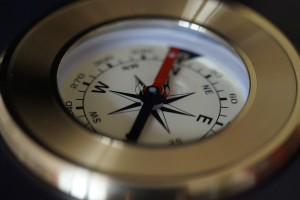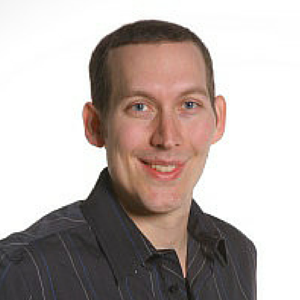In his book Nature and the Human Soul, Bill Plotkin outlines the eight stage ecocentric cycle of human development.
He also calls this the soulcentric cycle, using “soul” to describe the innate purpose or calling in your life, or “the truth at the center of the image you were born with” to borrow from the poet David Whyte.
Throughout the book he illustrates each of the eight stages a soul travels to reach its full potential. It’s a wonderful book, infused with this atavistic, ancestral tone that makes you wonder about the possibilities of an alternative world where the human race lived according to our natural, ecocentric potential.
As a high school teacher, I find most of my fascination lies in the adolescent stages. The first, Stage 3, is the Thespian at the Oasis. In this stage, you develop a persona that allows you to interact in society, get what you want from others, and be socially adept. But this persona is not necessarily your true nature, and part of Stage 4, the Wanderer in the Cocoon, involves exploring the depths of your soul to see what lives there and, if necessary, putting your Thespian self to rest to live the  life that your soul craves. Plotkin recognizes that sometimes this split is painful, but also necessary to revel in the joy of the life you were born to live.
life that your soul craves. Plotkin recognizes that sometimes this split is painful, but also necessary to revel in the joy of the life you were born to live.
Unfortunately, as Plotkin explains, too many people in modern society get stuck in stage 3, and shoot off into another alternative cycle known as the egocentric cycle of human development. Plotkin did his homework, because this wheel is as real and as tragic as the world outside my window. He writes, “These unsavory and sorrowful portraits of human misadventure have too many similarities to what we observe in our contemporary world every day, in our own communities and on out mainstream news and entertainment networks.” Every stage in this cycle is another level of adolescence. Life is a series of trainings in how to conform to the model presented by the dominant society, and so the adolescent (of any age) finds new ways to rebel, capitulate, suppress, and finally, withdraw.
When I read this, I recognized the truth of his words on a visceral level. We live in an age of adolescents, where the societal model is look out for number one and to escape blame for your actions. From pop culture to presidents, the era of excess and irresponsibility is upon us. I can think of two recent examples in the news: the man who died because he lit a firework on his head and the man who killed a toddler by executing a pro wrestling move on him. While people often laugh off stories like this or write it off as meaningless violence, Plotkin offers a real explanation, and a real solution: Helping people, one at a time, explore who they are, to travel into the deep mystery of their soul and find their great truth.
We need more soul-centered visionaries to make the transition to a healthy, ecocentric society, and help mitigate the crises we are facing, from the climate to our culture. As Plotkin writes, “In the end, I am quite certain, we will not be rescued by anything other than ourselves.”








